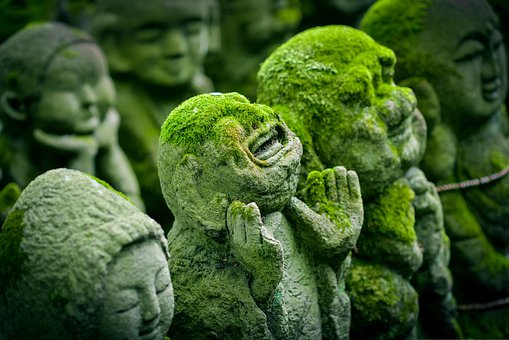The Yucatan Peninsula shares a red flag with the United States: the real epidemic among young people in the neighboring country, according to specialist Lisa Miller, is suicide. “Today the statistics of those who take their own lives are practically the same as those who die in car accidents,” she warns.
According to the analyzes in which the author of “Awake Brain” has participated, another call from science to a new perception of life, young people with a “spiritual center” are 80 percent protected against different types of addictions, be it drugs, alcohol or others. And the depression protection is 60.
The professor of the Clinical Psychology program at Columbia University presented her book in Mexico and pointed out that a few years ago there were really very few studies that demonstrated the relationship between spirituality and a person’s physical health. They were considered two different worlds. Now, the same science is showing how these two come together and how each affects the other, she commented on the sidelines of the World Values Meeting. Religion and Spirituality. The differences.
After years of research, Miller finally puts together the scientific puzzle of spirituality. First, he discovered that spirituality protects against depression, addiction, and mental illness.
He then discovered that our capacity for spirituality is biological and works on the same brain regions as depression, but with the opposite effect. He came to understand that spirituality is an integral part of human development and that mental struggle can be the first step in spiritual awakening.
He agreed with Kenneth Kendler of Virginia Commonwealth University, who was amazed to show that spirituality is not only passed down through culture, but also embedded in our genes.
Kendler discovered three important things. First, a person can be spiritual but not religious, or vice versa. Spirituality emphasizes the sense of a personal relationship with a higher power, while religion implies strict adherence to religious rules and practices.
Second, the presence of spirituality was found to protect against depression, alcoholism, and negative stressful events, regardless of whether religious devotion was also present.
Third, the study found that the degree to which a person is spiritual is determined 29 percent by their genes and 71 percent by their environment. Human beings are born with an innate capacity for spirituality.
Miller found that in adolescence the distinction between religion and spirituality is not as strong as in adulthood, suggesting that there is a process of individuation in which the two become untangled. And that spirituality is twice as protective against depression for teens as it is for adults.
It seems that whether you are raised in a faith tradition or not, spirituality has a genetic basis, and part of our development as humans is finding our own personal spiritual beliefs. With brains wide awake.

